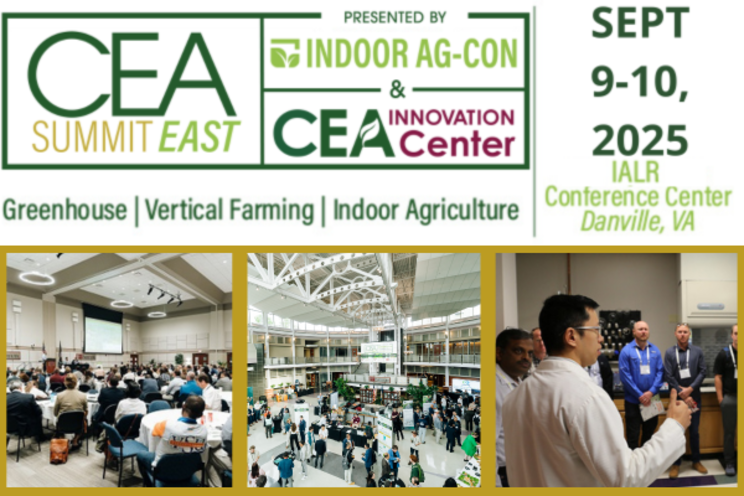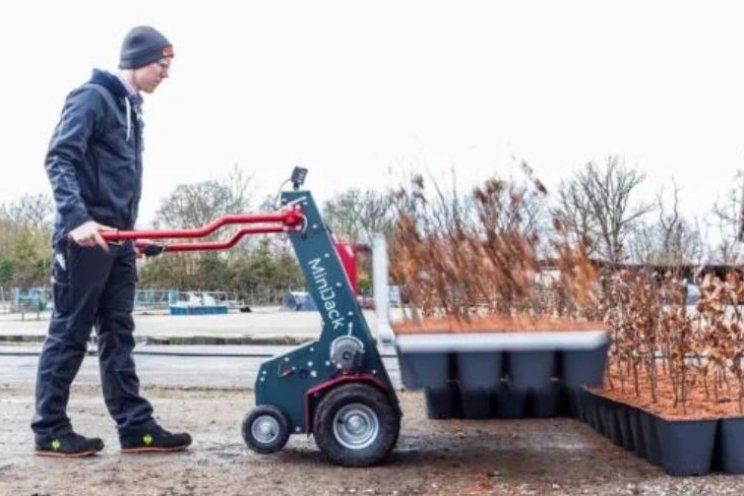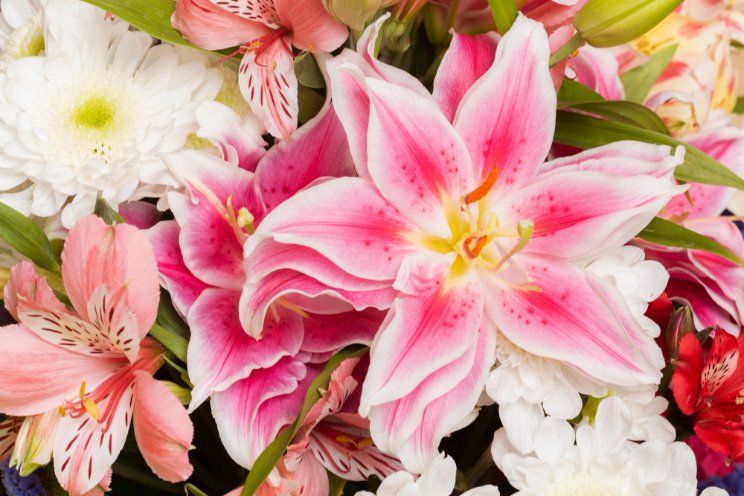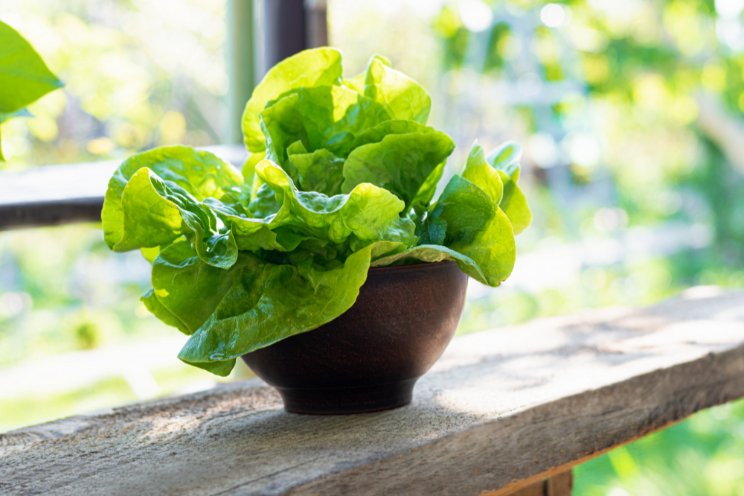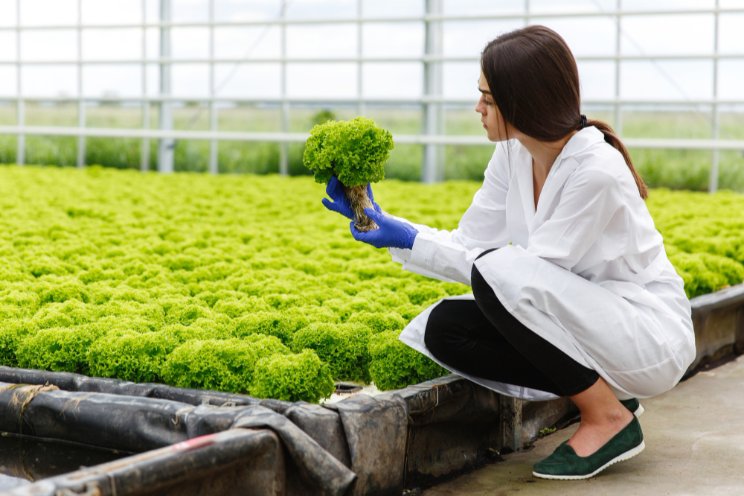Predict and control water supply with autonomous irrigation
Added on 02 March 2022

Peter, what's your role at Blue Radix, and what are you currently working on with respect to Crop Controller?
Peter: "As Product Developer I'm involved right from the initial idea for new products, to their implementation at an operational level. For example, I'm responsible for the User Interface design of the Crop Controller portal currently used for the autonomous climate management, and for development projects like our new 'irrigation module'. We have already performed extensive data analyses for this. In particular, we see a lot of added value in developing and implementing an autonomous irrigation model with customers already using Crop Controller."
You have worked on the autonomous climate control of Crop Controller. What lessons do you take from this version for the new irrigation module?
Peter: "What we've seen so far with the current Crop Controller is that growers can cultivate autonomously anywhere in the world with the help of our algorithms. With Crop Controller we already obtain a prediction of the optimal climate for the days ahead. This data and irrigation data also lets us predict and control optimal irrigation. This year Blue Radix will focus on scaling-up the functionalities of Crop Controller, including irrigation. So we're very pleased to have found Csaba, an MSc student at TU Delft, who is writing his master's thesis on autonomous irrigation, and who is supporting us in the development of the irrigation module."
Csaba, what do you study and how does the autonomous irrigation model fit with your studies?
Csaba: "I'm a 25-year old student studying Systems and Control, a master's program at TU Delft, focusing on theoretical aspects of control, with an emphasis on modern algorithms. I knew right from the start that I wanted to do something practical for my graduation project, which was to develop a control algorithm for a specific problem, such as an autonomous irrigation model for Crop Controller. The goal of my graduation research is to develop and compare algorithms so as to find the solution which fits the best with the irrigation problem. My supervisor Peter gave me the freedom to decide right from the beginning, on which approach to take for my research."
"I became interested in horticulture in the course of my year and a half studying in the Netherlands. I come from Hungary, an agricultural country, but one which is not as advanced or high-tech as the Dutch horticulture. It's fascinating to see how advanced technology works alongside the experience of vegetable growers to achieve one goal: feeding the growing world population in the most efficient way possible. I see many opportunities in this sector, and I'm very motivated by the subject."
You're both working on the so-called autonomous irrigation model. What challenges do you face?
Peter: "For growers, irrigation is a daily routine, but they also have to make daily adjustments, which is very time-consuming. Water supply depends on the development of the plant and the climate conditions, which fluctuate daily. In the current set-up the grower can only adjust the irrigation afterwards. Because Crop Controller offers us an expectation of the climate for the available days ahead, and we can also predict the water demand and anticipate in time.
Right now achieving the best possible irrigation also demands lots of the grower's attention. It focuses mainly on a healthy root development of the plant and preventing water stress, but also on steering generative and vegetative growth. These are all challenges to be taken into account in the development process for autonomous irrigation.
Growers are already incorporating these issues into their irrigation strategies. For us, the essential task is to make this data-driven with autonomous irrigation, by looking ahead to developments in growth of the plant and the predicted climate. We develop a scalable model that predicts and controls watering with Crop Controller."
Adds Csaba: "Because the substrate slab scales measure not only water content, but also the weight of the substrate, root zone and plant for example, extensive data analysis is needed to distinguish water uptake by the plant, for transpiration and plant growth."
What advice can you give growers to expand autonomous growing? What do they need to do to make their data work for them?
Peter: "Keep the end goal in mind. Algorithms can generate surprising results to arrive at the desired cultivation strategy. At first glance, they may deviate from daily human routines because they make decisions differently from humans. That's when it's tempting to correct immediately and ignore such decisions. This is a shame, because after all, algorithms take many more data points into account in the trade-offs and calculate the optimum with a very high frequency.
With autonomous cultivation, the work of growers changes. Instead of thinking in 'set points', the grower can focus more on high-end goals and crop strategy. The grower can let the algorithms do the complicated thinking, including the associated execution."
Source: HortiBiz
More news


